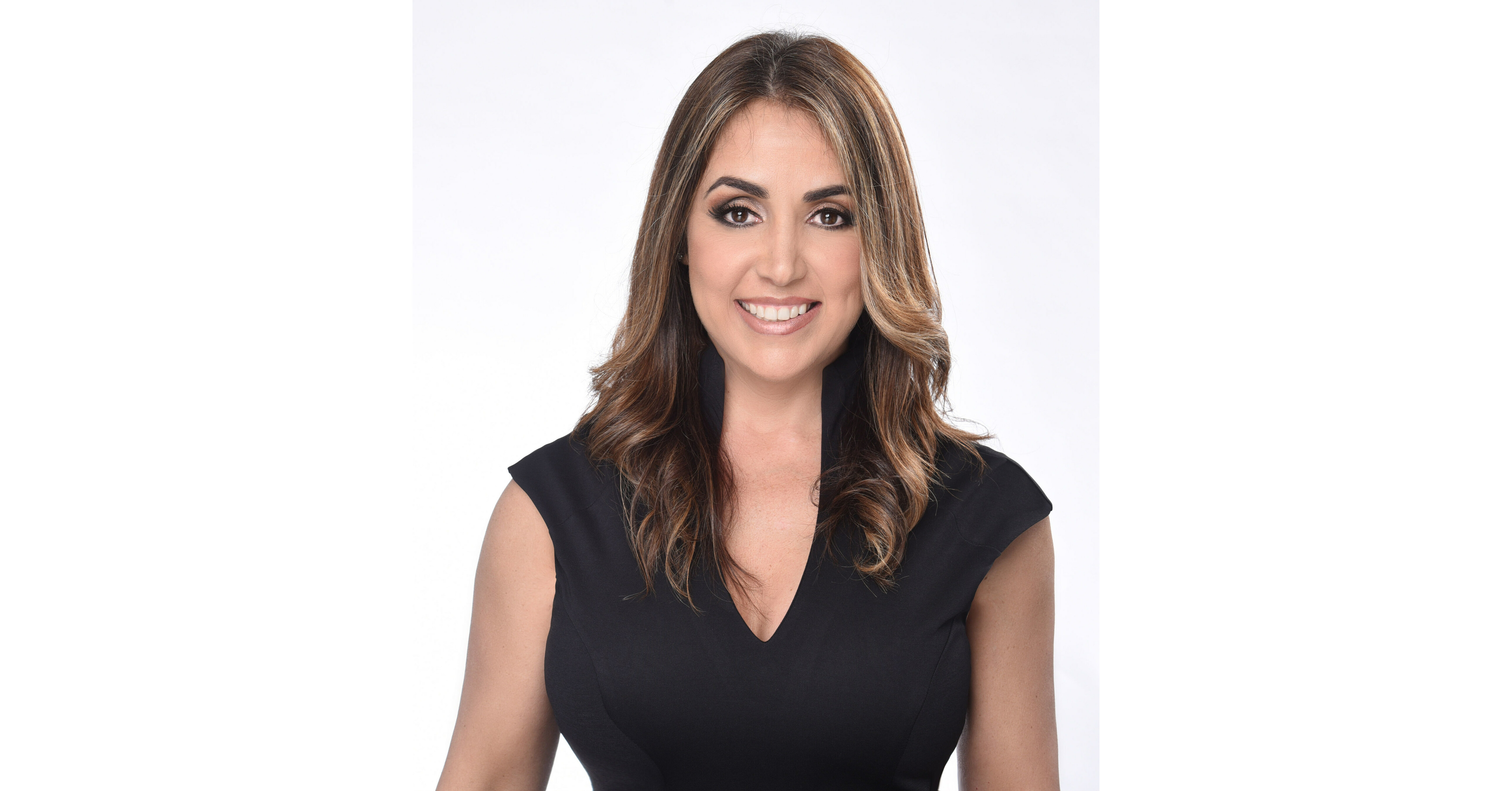Surfside safety reforms could spell trouble for Florida condo market
From retirees looking to downsize, young professionals trying to snag a starter home or snowbirds in search of a winter getaway, condominiums have long been a staple for anyone seeking a slice of Florida real estate on a budget. But safety legislation that passed earlier this year in the wake of the deadly Surfside building collapse could plunge the condo market into turmoil.
For years, condo associations across the state have deferred routine maintenance and put off budgeting for future repairs in order to minimize costs for unit owners.
“Whether or not there was enough money to fix the building at some point in the future, that would be somebody else’s problem,” said Martin Schwartz, a partner at Miami’s Bilzin Sumberg law firm who specializes in condo law.
The new Florida legislation mandates regular inspections for older buildings and requires condo associations to set aside funds for building upkeep.
Some buildings have decades-long maintenance backlogs to rectify.
“Right out of the box it means that everybody who has been waiving reserves, their assessments are going to go up,” Schwartz said.
Senate Bill 4-D passed unanimously during a special legislative session in May.
Any building that’s 30 years or older must undergo an inspection before Dec. 31 2024 and then every 10 years after. From that point on, condos must perform professional reserve studies every 10 years. They’ll also be barred from waiving reserves.
When Scott Rasbach, 64, moved to the Paradise Shores condominium in St. Petersburg three years ago, he paid just $430 a month in maintenance fees. Next year he’ll be on the hook for a $600 monthly payment.
The condo association has raised maintenance fees by 30% over the past two years to help replenish its reserves after years of neglect, said Rasbach, the current association president. It also approved a special assessment to replace some of the roofs on the property. That will cost residents an additional $8,000 on average.
Schwartz said the buildings that are in the worst shape tend to be populated by people living on fixed and low incomes. He’s concerned that the new law could make housing unaffordable for them.
“I literally have a woman that lives in the building across from me who’s 80 some years old, who went and got a job working in some sort of manufacturing plant in order to make the money to pay for the special assessment,” Rasbach said.
Others have decided to sell their condos. Over the past year Paradise Shores has seen nearly 50% turnover, mainly from snowbirds who can’t justify the cost of a second home given the new fees, Rasbach said.
When the new law goes into effect in 2025, roughly 28,000 condo associations across the state will face the same predicament as Paradise Shores. Some fear it could trigger a fire sale from condo owners trying to cut their losses.
“If your building has been hit with a major assessment, you better be willing to drop your price,” said Greg Main-Baillie, executive managing director for the Florida Development Services Group at Colliers.
If too many discounted condos flood the market, it could cause values to plummet across the board.
Some condo associations may decide it’s not worth it to try and bring the property up to standard.
“For a lot of these aging buildings, the land that they’re on is more valuable than the building itself,” said Taylor Collins, a managing partner and co-founder of South Florida real estate group Two Roads Development.
His company works to terminate struggling condo associations so it can buy the buildings and redevelop the land. He said condo owners can get a better price for each unit when the whole association comes together to do a bulk sale.
Still, not every condo is a good candidate for redevelopment. Waterfront properties and buildings in dense downtown areas are more desirable than those off the coast and away from growth.
Though the law may force some condo associations to make difficult decisions in the short term, Collins said it’s a necessary step toward improving the safety and longevity of Florida’s condos. He noted that many insurance providers are already updating their standards in accordance with the law.
Last year, Paradise Shores saw its insurance premium increase by 29%. This year, their insurer has refused to renew its policy due to a number of lingering maintenance issues. Now they are scrambling to find a new insurer before the policy lapses in April.
Main-Baillie said he expects to see a mad dash from condos trying to secure the capital and labor needed to come into compliance with the new law before 2025.
“Unfortunately board members don’t always have the experience or knowledge of construction management to be able to keep the community out of risk,” he said. “The engineers and contractors in this environment take advantage of the scenario pretty often.”
He said condo associations should consider hiring a professional manager to protect themselves as they embark toward an uncertain future.
The Tampa Bay Times has a team of reporters focusing on rising costs in our region. If you have an idea, question or story to tell, please email us at [email protected].
. . .
Related Stories
NEED HOUSING HELP? Here are housing resources in Tampa Bay.
WATCH OUT FOR SCAMS: Here’s how to fact-check rental listings.
STAYED UPDATED: Sign up for our free weekly Business by the Bay newsletter, featuring insights on the economy, real estate and local businesses.
TAMPA BAY HOUSING BOOM: 10 voices from the front lines.
THREAT TO HELPERS: Steep rent increases are hurting people who help Tampa Bay’s homeless, too.



